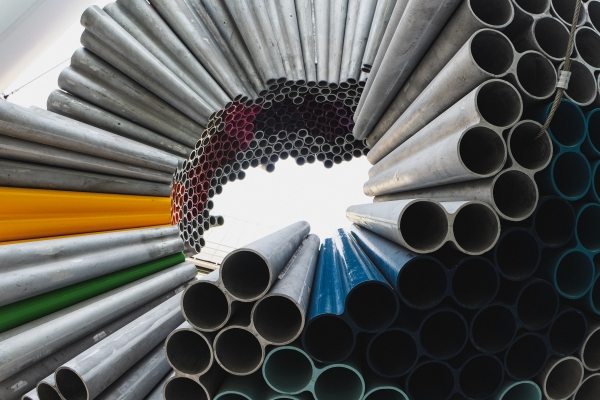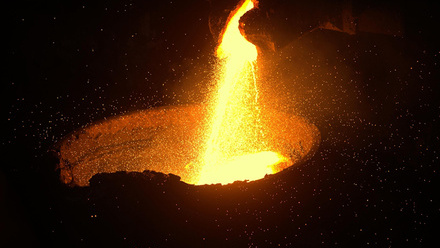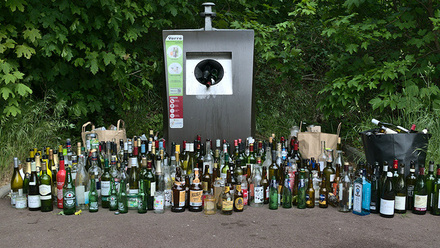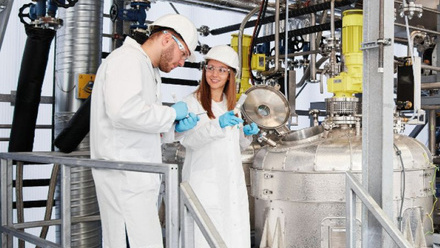Union concern over British Steel transition
The steelworkers' union Community has expressed concern at British Steel’s handling of the transition to electric arc steelmaking.

British Steel, with support from the UK Government, is to install 2 electric arc furnaces (EAFs) – the first at its headquarters in Scunthorpe, the second at its manufacturing site in Teesside.
The new furnaces could be operational by late 2025 and would replace the ageing iron and steelmaking operations in Scunthorpe, which are responsible for the vast majority of the company’s CO2 emissions.
The company proposes maintaining current operations until a transition to electric arc steelmaking.
The Community Union states, 'Community acknowledges British Steel’s early engagement on proposals to transition to green steel and we welcome the company’s commitment to support our experts to scrutinise their plans. It is deeply disappointing however that once again our members first heard of these plans through irresponsible leaks to the media.
'We are deeply concerned by British Steel’s plans for an EAF-only approach at Scunthorpe and Teesside, and it is vital a meaningful consultation takes place to assess all the options to secure the future of steelmaking. Were they to be realised, the plans that British Steel has announced, combined with Tata Steel’s plans, would leave the UK unable to make steel from raw materials and dangerously exposed to international markets. Community firmly believes that the blast furnaces continue to be vital in any responsible transition to green steelmaking.
'Even the Government’s own backbenchers recognise that an EAF-only approach is dangerous and foolhardy, with the Conservative Northern Research Group only this weekend urging the Prime Minister to intervene to keep the blast furnaces open.
'All options for decarbonisation must remain on the table, and Community will do whatever it takes to protect our members interests. With the right commitment from all stakeholders we can deliver a just transition that saves our planet, saves our jobs, and saves our steel.'
Community has continually highlighted how an EAF-only approach is the wrong solution to decarbonising the steel industry.
Industrial experts Syndex will soon be publishing a report on alternative methods of decarbonising the steel industry at Port Talbot and will be scrutinising British Steel’s plans for Scunthorpe and Teesside.
British Steel has started preliminary talks with trade unions about electrification and has promised to support employees affected by the decarbonisation plans. It has agreed for its proposals to be reviewed by an external specialist on behalf of the trade unions.
British Steel is also working with North Lincolnshire Council on a masterplan to attract new businesses and jobs to the Scunthorpe site, parts of which could become vacant if the proposals go ahead.
British Steel CEO and President, Xijun Cao, says, 'We are confident our proposals will help secure the low-embedded carbon steelmaking the UK requires now and for decades to come. However, we need the UK to adopt the correct policies and frameworks now to back our decarbonisation drive. Governments in the countries where our major competitors operate have adopted such policies and the longer we wait for their implementation in the UK, the more impact and challenge this will have on our competitiveness and the country's ability to meet its carbon objectives.
'We remain in talks with the government and, with its support, are committed to making the steel Britain needs for generations to come.'







